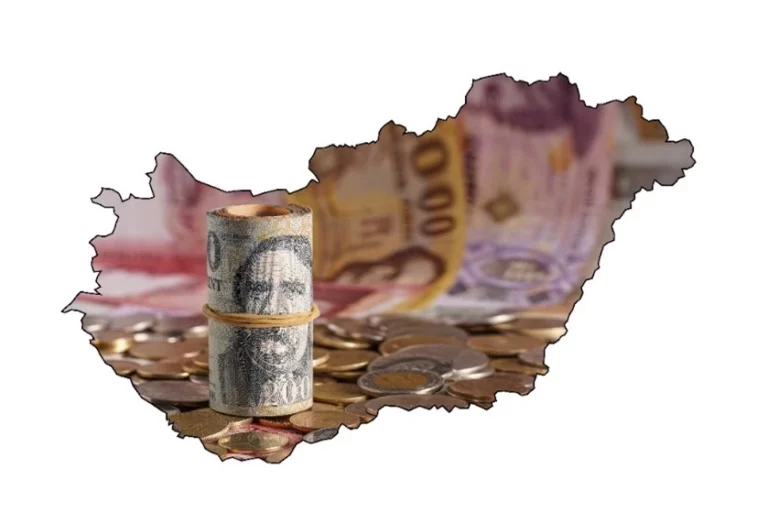budget
Orbán cabinet: the closer a country is to the war, the higher inflation is there

Fidesz proposes cutting state funding for parliamentary groups

Hungary repays 1.2 billion of US dollar of debt

Hungary’s finance minister submitted the government’s draft 2023 budget to parliament – UPDATE

Minister for economic development wants majority Hungarian ownership in retail

Orbán cabinet has to take responsibility for the rise in food prices it had caused, says DK

Hungary’s cash flow-based budget deficit close to EUR 6.9bn at end-April

EC identifies ‘serious risk’ for sound financial management of EU budget in Hungary

Hungary trade balance shows EUR 117 m deficit in Feb

Hungary’s cash flow-based budget deficit over EUR 6.2bn
Hungary's cash flow-based budget deficit, excluding local councils, was at 2,309.4 billion forints (EUR 6.2bn) at the end of March,...
The state budget’s deficit reached 794m EUR in February alone!

Minister: public debt down more than earlier projected

Central Statistical Office deputy puts 2021 ESA deficit under 7 pc of GDP

Hungarian health waiting list unbearable, more money coming in

Hungary GDP growth 7.1 pc in 2021

Hungary’s budget posts EUR 419 m surplus in Jan

Hungary’s budget deficit reaches EUR 14.2bn for 2021

Hungary’s central bank lifts inflation forecast for 2021





 ZH
ZH IT
IT DE
DE HR
HR NL
NL FR
FR JA
JA RO
RO RU
RU ES
ES TR
TR
